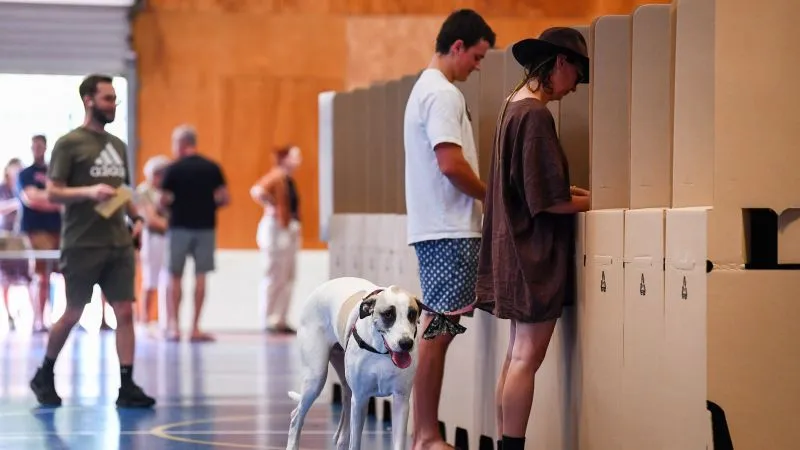Australians vote No in referendum that promised change for First Nations people but couldn’t deliver
Australians vote No in referendum that promised change for First Nations people but couldn’t deliver

Australians vote No in referendum that promised change for First Nations people but couldn't deliver | CNN

With a two-letter word, Australians have struck down the first attempt at constitutional change in 24 years, major media outlets reported, a move experts say will inflict lasting damage on First Nations people and suspend any hopes of modernizing the nation’s founding document.
Early results from the Australian Electoral Commission (AEC) suggested that most of the country’s 17.6 million registered voters had written No on their ballots, and CNN affiliates 9 News, Sky News and SBS all projected no path forward for the Yes campaign.
The proposal, to recognize Indigenous people in the constitution and create an Indigenous body to advise government on policies that affect them, needed a majority nationally and in four of six states to pass.